| Ron Fricke’s 2011 documentary, Samsara, is a beautiful exploration of the best and worst of humanity. The documentary begins with an up-close look at an eastern religious dance before showcasing some of the world’s beautiful landscapes and then turning to other aspects of humanity. Large sections of the documentary focus on humanity’s various spiritual and religious practices. Other sections highlight the inhumane treatment of animals through the industrialisation of farming, and the mistreatment of people through poverty and violence. It finishes on a more positive note, suggesting that despite these horrific acts that have become like religions, there is hope for humanity. The cinematography is picturesque, using photographic effects, such as time-lapses and skipped frames, to create sequences that are rich in visual and emotional tonality. Accompanying the lush visuals is a beautiful continuous soundtrack that, through its uplifting, melancholic, and introspective tones, brings a deeper emotional atmosphere to the film. In fact, it even lulls the viewer into a meditative state as they appreciate or become horrified at the documentary’s content. Worthy of note is the absence of dialogue. This is powerful because rather than a narrator giving viewers an opinion of the presented material, it allows the cinematography and soundtrack to speak on their own and affect viewers in a personal and on an unconscious level. Not only is this emotionally affective, but it demonstrates the power of these filmic components to communicate on their own. And it helps make the film a personally affective experience. While Samsara is not for everyone, everyone should watch it to appreciate not only the majesty and powerful nature of film, but also the beauty of life. 4 stars |
|
0 Comments
|
Archives
July 2023
Categories
All
|
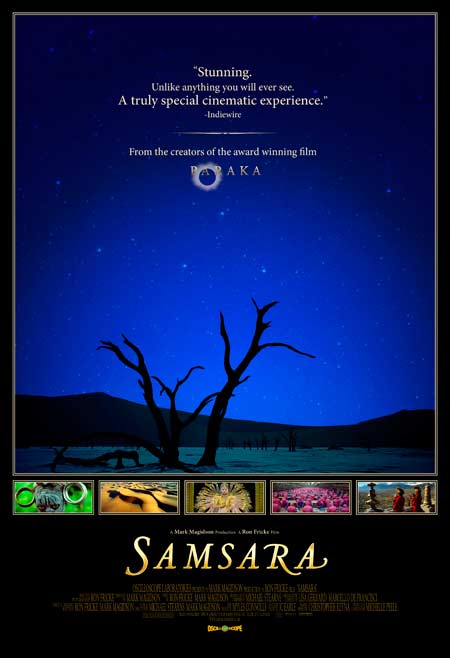

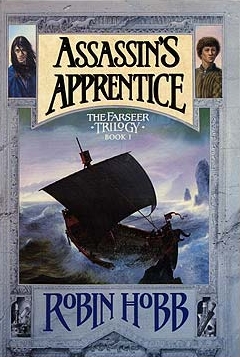
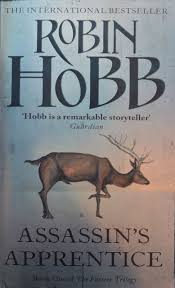
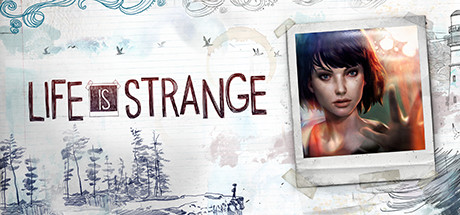
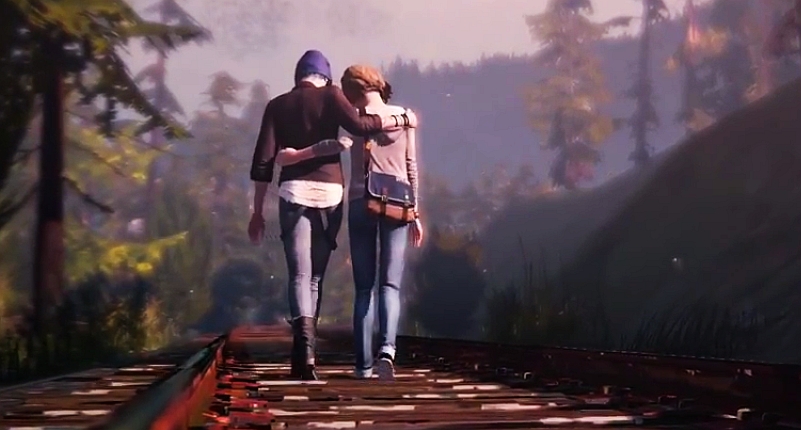

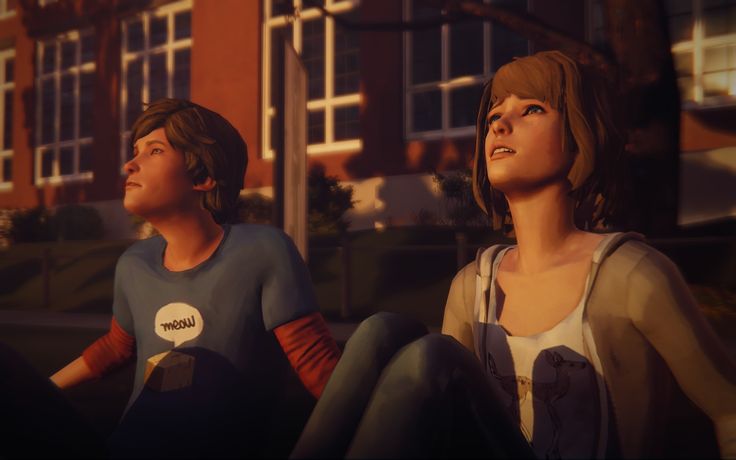
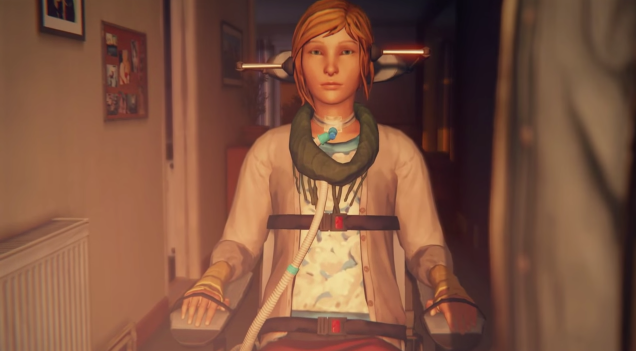
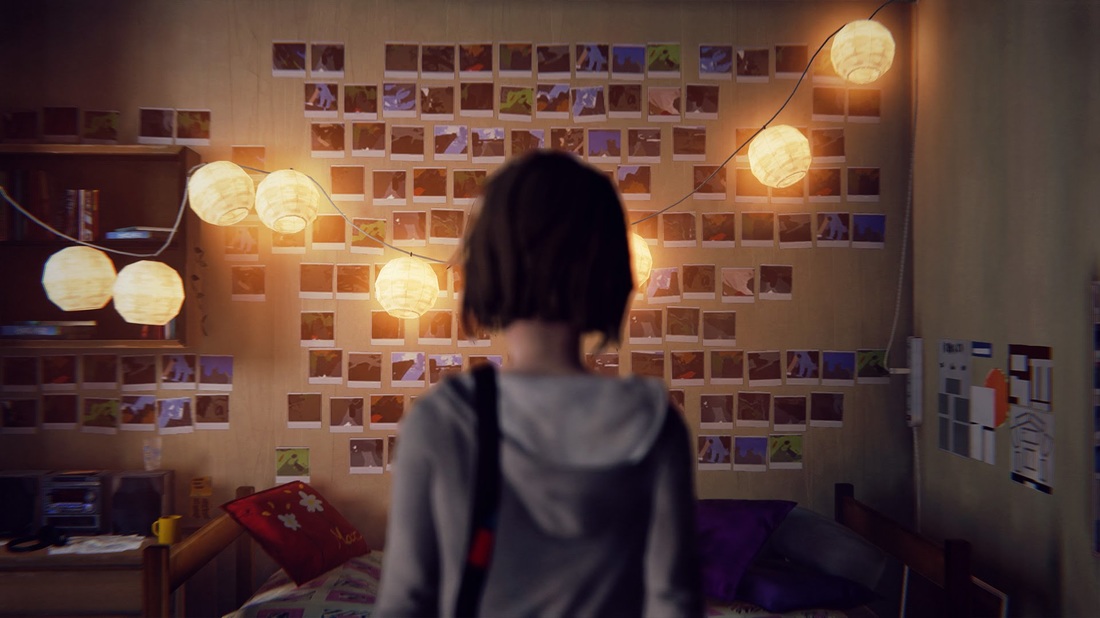
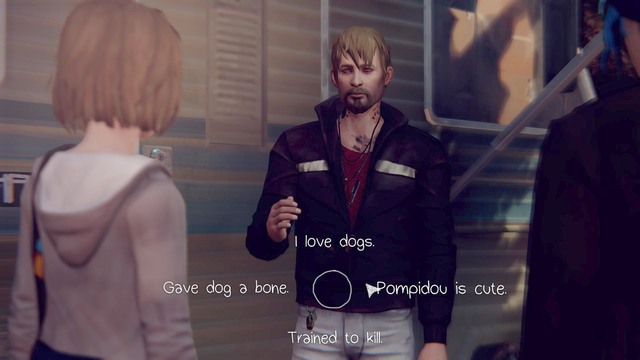

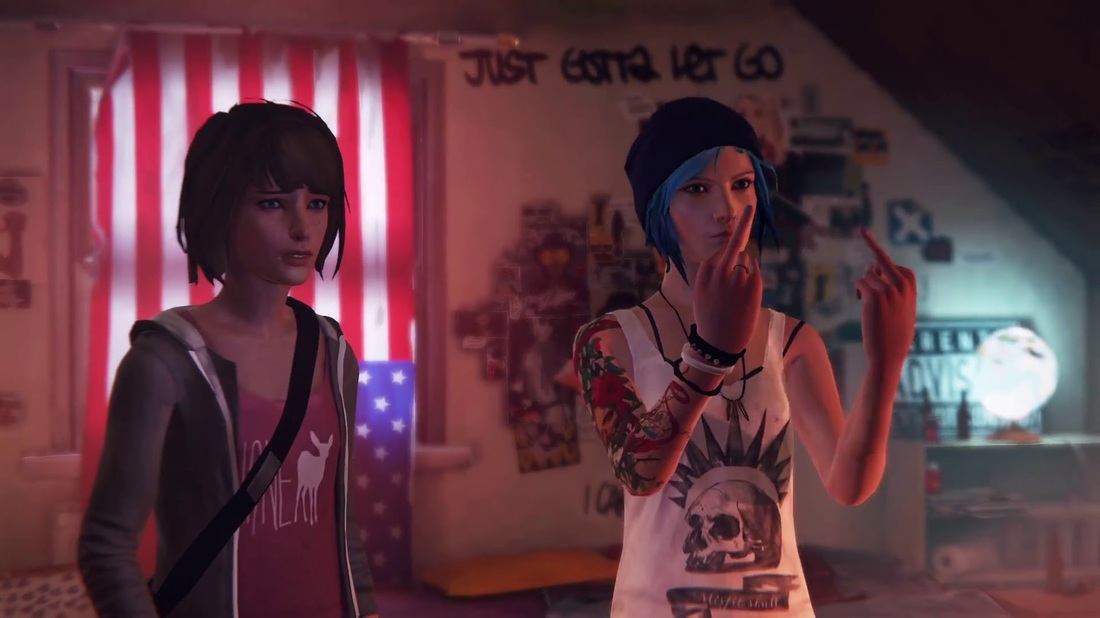
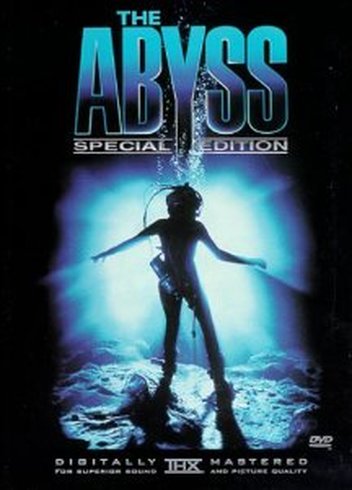
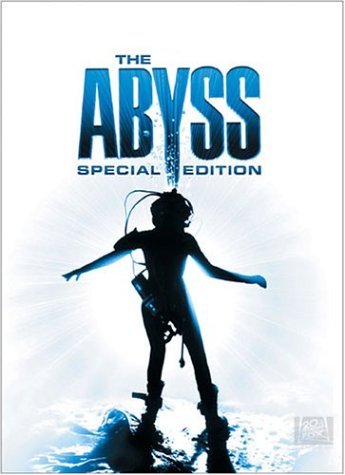
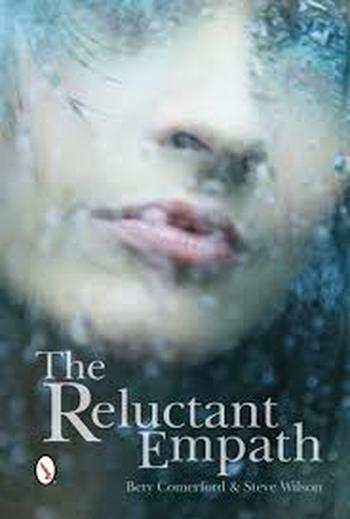
 RSS Feed
RSS Feed
